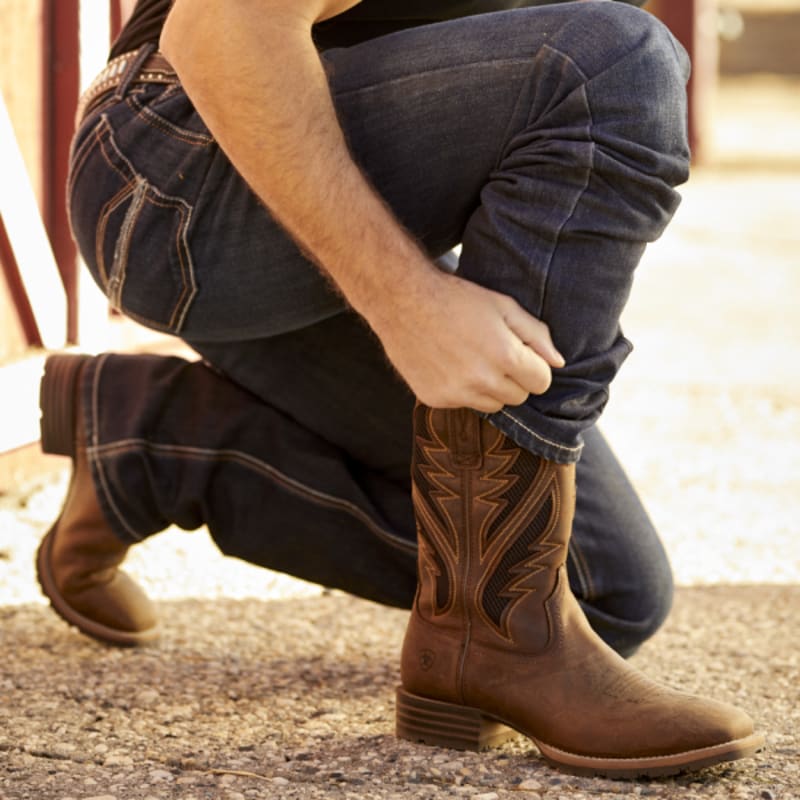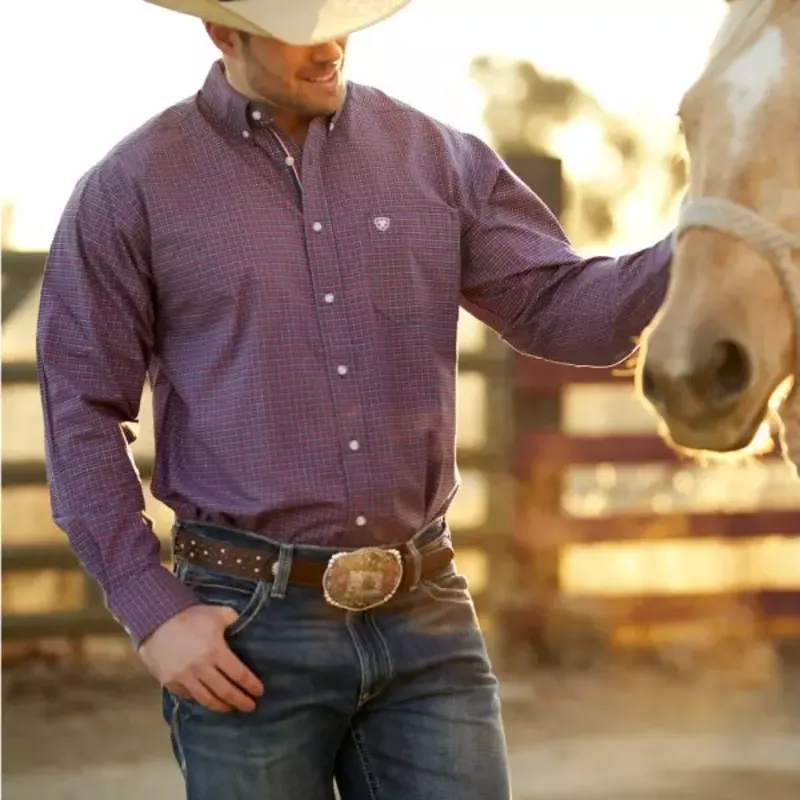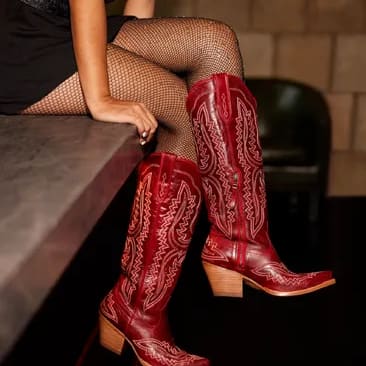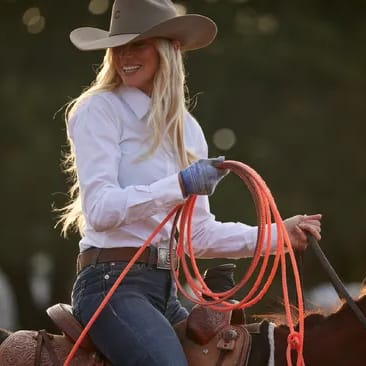
Mastering Dog Training: Tips from Stock Dog Expert Maycon Moura
Maycon Moura discovered his passion for stock dog training when he was just sixteen years old. Over years of dedicated experience, he’s refined his training approach and identified the most effective ways to train stock dogs. Learn some of his top tips here!
Meet Maycon Moura, the driving force behind Moura Stock Dogs and a true stock dog training extraordinaire. With a career spanning over 17 years, Maycon has perfected his approach to training these trusty canine companions, uncovering invaluable tips for training exceptional stock dogs. We sat down with the pro himself to learn the top dog training tips straight from the source.
1. Let’s start with your name and a little bit about you.
My name is Maycon Moura, and I was born in Curitiba, Brazil. I've been training stock dogs around the world for over 17 years.
2. How did you get into stock dog training?
I first started training stock dogs in 2004, when I was just 16. I was working for a dairy farm in Brazil, and having a good stock dog was a necessity to get the job done. Once I started owning stock dogs, I realized I could never work without them, and training them became a passion for me. I began doing so for a living and quickly gained success in the craft.
3. What is your favorite part about what you do?
I love dogs, so being able to work with my favorite animals is the greatest reward for me.
4. What qualities should stock owners look for when selecting a dog breed for herding and ranch work?
When selecting the right herding breed, it’s important to know what to expect from each and consider the type of work you will need your dog to do. For example, Border Collies are extremely versatile and can perform several different tasks from gathering livestock to driving them, while heelers or Australian Cattle dogs are drivers only.
5. How important is early socialization for a stock dog, and what are some effective methods to achieve this?
There is a common misconception that working dogs can’t be treated like others pet, but this is not true. The easiest dog to train is one that is mentally sound and comfortable with different surroundings and people. In order to get a dog to be this way, they need lots of attention and care like any other pet.
For example, a stock dog can have fun with toys just like any other dog -- a toy is not going to make less willing to work livestock. In fact, toys can help make dogs more confident and less scared of new things.
A stock dog needs love and affection, and this can be given in different ways depending on their personality. Some just need to hear that they are a good boy or good girl, while others need more physical attention such as being pet or rubbed.

6. What are the fundamental commands every dog should master, and how do you go about teaching them?
There are three fundamental commands every dog should master, stock dog or not: ‘come here,’ ‘lay down,’ and ‘stay.’ A dog that responds well to these commands can behave well in different surroundings, and these commands are vital to maintain control of your dog.
I start teaching these commands to my dogs when they are about four to six months old, but I don’t expect them to pick them up perfectly right away. I also start in a controlled environment, like a fenced yard. I keep them on a leash at the beginning so I can hold their attention and stay in control and use treats (hotdogs cut into tiny pieces) as motivation for them to listen to me and follow my commands.
7. Are there any specific training techniques or tools that work exceptionally well for stock dogs?
With any dog, it’s important to find ways to make training enjoyable. Before you even begin, you should get to know your dog and build a bond. A happy dog is a learning dog!
When training, pay attention to how your dog reacts to corrections and how he or she likes to be rewarded. Every dog is different and there is not one failproof training recipe. It’s our job to understand the dog and adapt our approach based on their personality.
8. What are some common behavior issues you see in the dogs you train? How can stock dog owners address these?
One of the most common challenges I face when training other stock dogs is that the dogs have been allowed to interact freely with livestock before coming to me. When you let a soon-to-be stock dog run with livestock too soon, you will end up with a dog that has either A) learned a lot of bad habits or B) no longer wants to work because it got into trouble due to lack of prior training.
A stock dog needs to be properly trained and prepared before working any type of livestock, especially cattle. If not, there’s a risk of them getting hurt.
9. Can you share some insights on conditioning and physical fitness exercises that help improve a dog's stamina and endurance?
A stock dog that is well-exercised and has stamina will always perform better than one that doesn’t. Regularly working and exercising your dog will enhance its stamina and further improve performance. I think treadmills are a great tool – there are some specifically made for dogs!
10. What role does positive reinforcement play in training dogs?
A dog who enjoys its job will always do better than one who does not. Rewarding your dog when they execute tasks and commands correctly is essential to helping them understand what we’re teaching. Rewarding can be done differently depending on the dog and the situation. For a puppy, it could be a treat, while an older dog might respond to a simple “good boy”.
11. Any final insights on the impact of your training methods?
I love seeing my dogs work happily. They love what they do and that’s why they do it well! I don’t believe in being forceful to get a dog to learn something, and it also doesn’t yield good results in the end.
I teach my dogs to be confident and trust in themselves. They need to be obedient and listen, but they need to do it because they enjoy it and want to please, not because of fear. It always puts a big smile on my face to see my dog Joker work -- he’s very special and displays all the qualities I want in a good stock dog. When watching a dog like him, you know that the years of training that are required to make a good stock dog are worth every bit of it.
For more information, visit Moura Stock Dogs.







